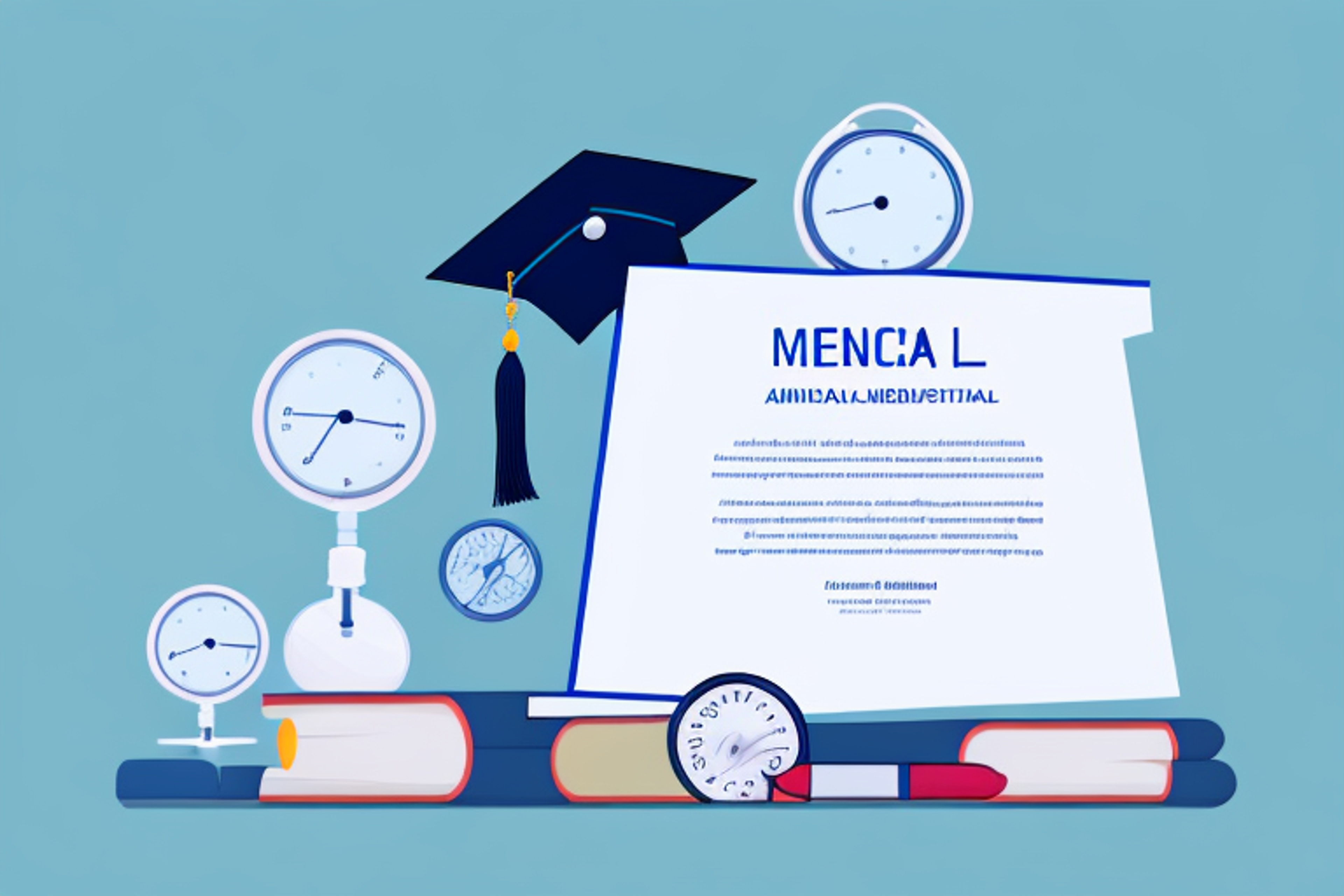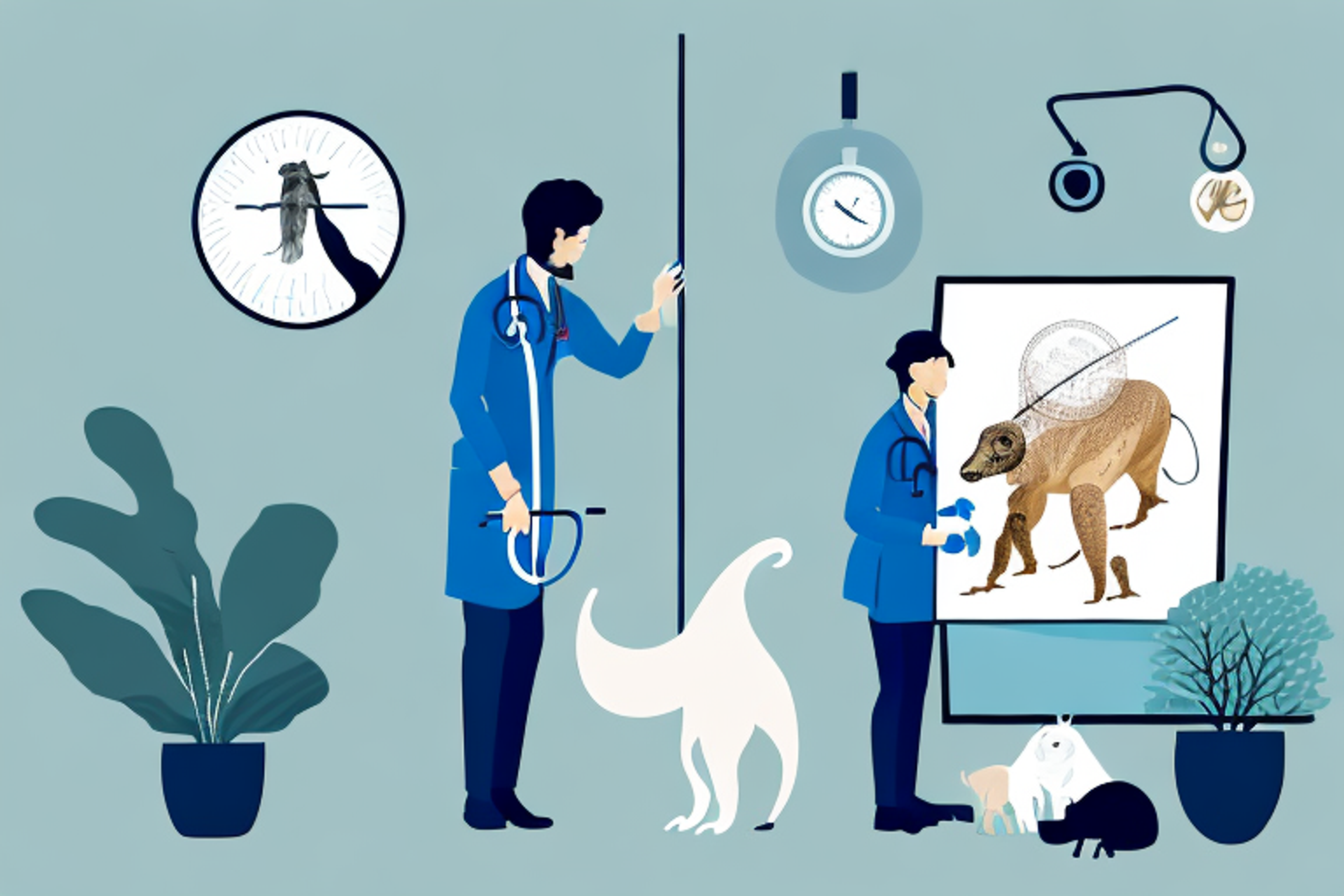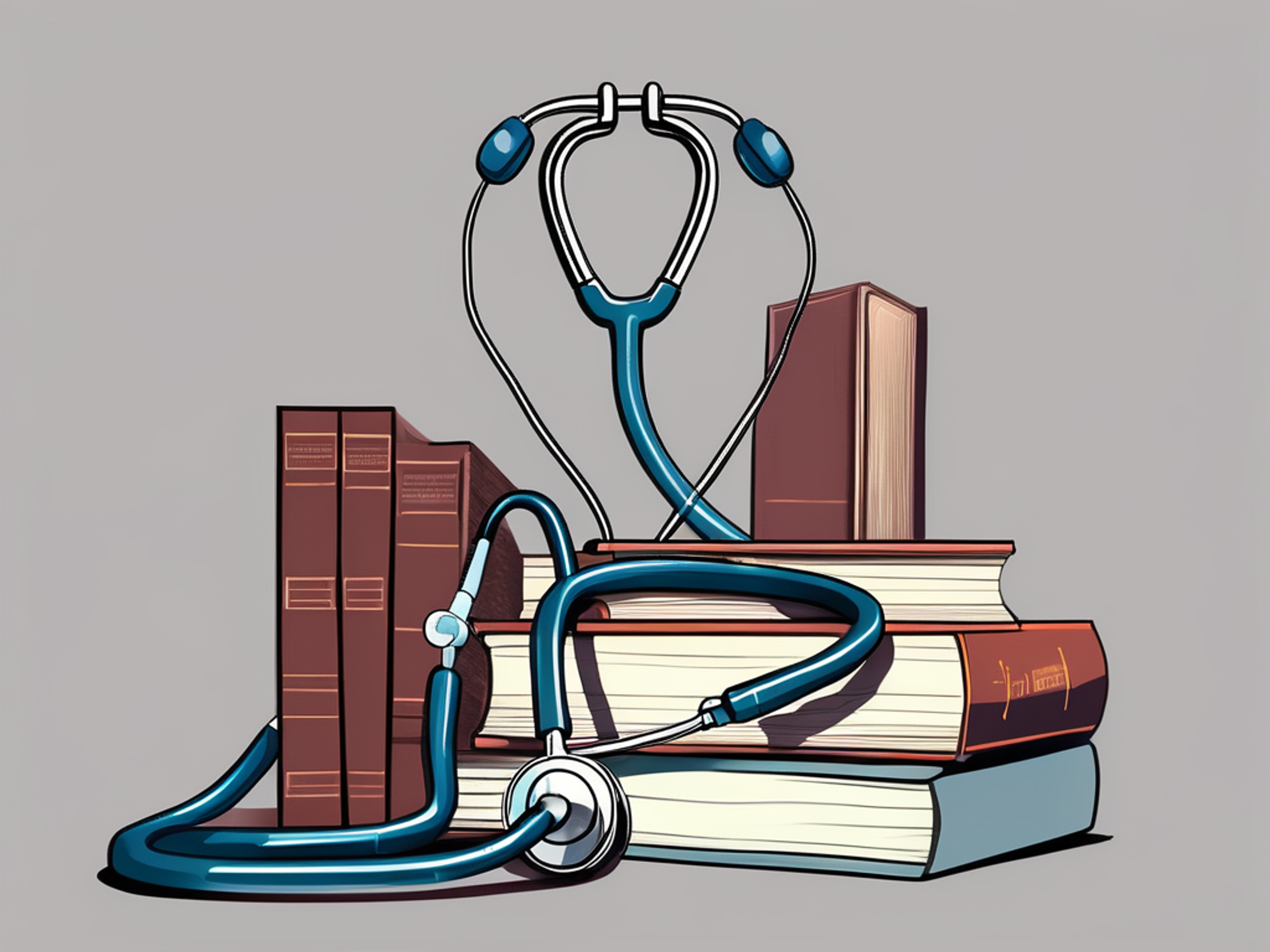How Long Does It Take to Become a Doctor? A Comprehensive Guide
Are you considering a career in medicine? Our comprehensive guide to becoming a doctor covers everything from education and training requirements to the time it takes to complete each step.
Posted April 10, 2025

Table of Contents
Free Event

Featuring Jaspreet K.
Ask Me Anything: Medical School Applications
Starting Friday, April 25
12:00 AM UTC · 30 minutes

Featuring Jaspreet K.
Becoming a doctor is a long and challenging journey that requires a significant commitment of time and effort. The road to becoming a doctor can be quite complex, as there are different paths to take and various requirements to meet. In this article, we will take a comprehensive look at the process of becoming a doctor, from the different paths to the requirements and everything in between. So, if you are considering a career in medicine and want to know how long it takes to become a doctor, keep reading!
The Different Paths to Becoming a Doctor
There are different paths that you can take to become a doctor, depending on your background and educational qualifications. The most common paths to becoming a doctor in the United States are:
- MD program - This is the traditional path to becoming a doctor. You would typically begin with a four-year Bachelor's degree in pre-med or related field before applying to a four-year medical school to earn an MD degree.
- DO program - Similar to an MD program, a DO program leads to a Doctor of Osteopathic Medicine degree rather than an MD. However, DOs and MDs are equivalent in the eyes of the law and most medical institutions.
- Bachelor's degree to MD - Several programs exist where you can start right after high school and earn both a Bachelor's degree and an MD in a shorter amount of time. These programs can be competitive and require high school students to apply for them.
- International Medical Graduate (IMG) - IMGs are physicians who trained in a foreign country and wish to practice medicine in the United States.
Aside from the four common paths to becoming a doctor in the United States, there are also alternative routes that aspiring doctors can take. One such route is through the military. The military offers programs that allow individuals to attend medical school and become doctors while serving in the armed forces. This option can provide financial assistance for medical school and a guaranteed job after graduation.
Another alternative path to becoming a doctor is through a combined degree program. These programs allow students to earn both a medical degree and a degree in another field, such as law or business. This can be beneficial for individuals who want to specialize in a specific area of medicine, such as healthcare policy or medical law.
Undergraduate Education Requirements for Medical School
In order to apply to medical school, you must have a Bachelor's degree. There is no specific major required for medical school, but you need to complete certain prerequisite courses. These usually include biology, chemistry, physics, and mathematics. Many schools currently recommend that their applicants have taken psychology and biochemistry courses as well.
It is important to note that medical schools also consider extracurricular activities and experiences when evaluating applicants. This includes volunteering, research, clinical experience, and leadership roles. Admissions committees are looking for well-rounded individuals who have demonstrated a commitment to service and a passion for healthcare. Therefore, it is recommended that students pursue these opportunities during their undergraduate years in order to strengthen their application to medical school.
Medical School Admissions: How to Get Accepted
Admission into medical school is highly competitive, and your application will need to be comprehensive, articulate, and demonstrate your competence in the field of medicine.
The admissions committee usually looks at several factors when reviewing applications such as undergraduate GPA, MCAT scores, involvement in extracurricular activities, research work, clinical experiences, and a personal statement.
One important factor that can set you apart from other applicants is your clinical experience. This can include shadowing physicians, volunteering at hospitals or clinics, or working as a medical assistant. It is important to have a variety of experiences to show your dedication to the field and your ability to work with patients.
Another important aspect of your application is your personal statement. This is your opportunity to showcase your personality, your passion for medicine, and your unique experiences that have led you to pursue a career in healthcare. Be sure to take the time to craft a well-written and thoughtful essay that highlights your strengths and demonstrates your commitment to the field.
The Medical School Curriculum: What to Expect
The medical school curriculum can differ depending on the school you choose to attend, but generally, in your first two years, you will learn about human anatomy and physiology, histology, pharmacology, microbiology, and immunology. Your final two years will be spent doing clinical rotations in various specialties, like pediatrics, surgery, and internal medicine.
During your first two years of medical school, you will also learn about medical ethics, patient communication, and medical research methods. These courses are designed to help you develop the skills necessary to become a compassionate and competent physician.
Additionally, many medical schools offer opportunities for students to participate in research projects or volunteer in clinics and hospitals. These experiences can provide valuable hands-on experience and help you develop a deeper understanding of the healthcare system.
Choosing a Specialty: Factors to Consider
Medical students have to decide early on about what kind of medicine they would like to practice. Several factors can influence one's choice of specialization, such as personality traits, personal interests, lifestyle opportunities, earning potential, and medical school performance. One can choose from over 120 specialties and subspecialties in medicine.
One important factor to consider when choosing a specialty is the job outlook. Some specialties may have a higher demand than others, which can affect job opportunities and potential income. It is important to research the job market and consider the future demand for a particular specialty.
Another factor to consider is the level of patient interaction. Some specialties, such as psychiatry or family medicine, involve more direct patient care and interaction, while others, such as radiology or pathology, involve less direct patient care. It is important to consider one's personal preferences and strengths when choosing a specialty that involves a certain level of patient interaction.
Residency Programs: Length and Requirements
After completing medical school, you are required to complete a residency program to gain further clinical experience in the field of medicine. The residency programs vary depending on the specialty, and the length usually ranges from three to seven years.
Fellowship Programs for Specialized Training
If you wish to specialize further, you may complete a fellowship program that provides additional training. Fellowships are typically one to three years.
Licensing and Certification Requirements for Doctors
After you have completed your residency and fellowship programs, you must become licensed to practice medicine in the state where you plan to work. Certification requirements vary by state and may require an exam or additional training.
Continuing Medical Education (CME) Requirements
Doctors are also required to complete a certain amount of continuing medical education (CME) every year to maintain their license and certification and stay up-to-date on the latest advancements in medicine.
The Cost of Becoming a Doctor: Tuition, Fees, and Living Expenses
Becoming a doctor is not cheap, and you must be prepared for potentially high expenses. Tuition and fees for medical school can range from tens of thousands to hundreds of thousands per year. Other expenses like textbooks, medical equipment, and living expenses also add up, making the cost of becoming a doctor one of the highest in most professions.
Scholarships, Grants, and Other Financial Aid Options
Several options are available to help with the costs of a medical degree. Medical educators offer financial aid like scholarships, grants, and loans to students who need assistance. You can also apply for merit-based scholarships from other organizations, government-sponsored programs, and private student loan programs.
Balancing Work and Life as a Doctor: Tips for Success
Beyond the rigors of their training and practice, doctors must balance their calling with family life and self-care. They can ensure they give equal attention to their physical, emotional, and social well-being by taking care of their health and maintaining an excellent support network. They can also seek professional help when necessary.
Common Challenges Faced by Doctors in Training
Becoming a doctor is a challenging process, and several issues can arise during training. High stress, anxiety, and work-life balance issues are common. Learning time management, building a support network, and seeking help when necessary can help you overcome these challenges.
Alternative Career Paths in Healthcare
Suppose you are interested in healthcare but not necessarily in becoming a doctor. In that case, there are several other career paths within the healthcare industry, such as nursing, physical therapy, occupational therapy, and pharmacy. Explore what suits your interests and skills.
The Future of Medicine: Trends and Innovations
Medicine is a constantly evolving field with new advancements and discoveries being made all the time. Today, telemedicine and digital health solutions offer more flexibility and convenience. Artificial intelligence and genomics are promising new frontiers. Keeping informed of the latest innovations will keep you ahead of the game in your career development.
Conclusion: Is Becoming a Doctor Right for You?
Becoming a doctor can be a long, challenging journey, but the rewards can be great. The job security and earning potential for doctors are among the highest in any profession, and the opportunity to save lives and make a significant impact can be rewarding. But it's essential to know what you're getting into – the time, energy, and financial commitment required. Take the time to evaluate if becoming a doctor is the right choice for you.











